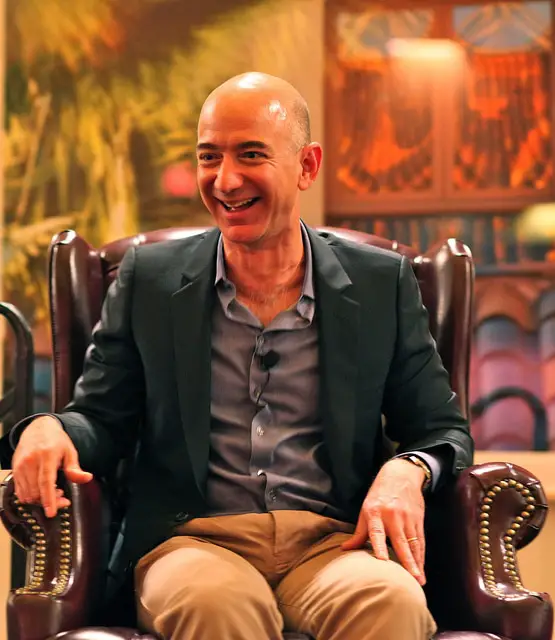Amazon’s quarterly report, which was released on July 25th, is no cause for celebration. The online retailer giant has become known for exponential growth minus the burnout and plateauing that derails most companies known for radical profits.
This is a company that has not only survived the most treacherous of market environments (the dot-com bubble), but has thrived in such conditions. Yet a recent quarterly report might look like cause for worry, depending on whether you’re a supporter of Amazon’s long-term fiscal strategy or are more concerned about the ominous outcome of recent, short-term results.
When the numbers presented in Amazon’s recent quarterly report fell short of expectations, there were no doomsday forecasts touted by the public or even die hard techies. Even Chief Executive Jeff Bezos doesn’t seem to care about about Amazon’s underwhelming report, apparently because he’s looking at the long term. This isn’t surprising considering Amazon has always stressed the importance of a long-term outlook when it comes to its investments.
The recent quarterly report is bittersweet. On one hand, its $15.7 billion revenue for the three months that ended June 30 is actually pretty close to analysts’ expectations. And the company’s revenue growth increased by 22 percent over the $12.8 billion earned in the second quarter of 2012. Yet, on the other hand, Amazon has lost money during the entirety of last year, which is mostly due to its sizable expenditures on company expansions.
Amazon has been allocating a good amount of their funds toward competing with the likes of Netflix, expanding their locker system, creating original programming, and the company credits $65 million of its net loss to the newly acquired and integrated Kiva Systems. So it only makes sense that they would report losses. Yet investors still have a right to be disappointed.
Amazon’s net income decreased from $191 million around this time last year to $7 million (down 96 percent or $0.01 per share). Their operating income decreased 47 percent over the last year. Even third quarter projections look dismal with expected operating losses of between $350 million and $500 million.
But according to Jeff Bezos’ attitude and vision, the long-term is what matters. If Amazon’s financial strategy over the past few years is a reliable indicator, he may be right. One of the few victors of the dot-com bubble, Amazon has built its success on being a transformative, visionary company.
With a focus that is customer-centric, Amazon has stayed ahead by anticipating market upsets, from the time when it started catering to third-party sellers and the IT community to when it started meeting the needs of independent publishers. So this recent loss may not seem worth getting worry lines over when it has so much planned for the next few years – a plan built on the foundation of their proven formula of constantly acquiring and satisfying new customers.
When your name and vision is taken from one of the most vast, complex and dangerous ecological wonders of the world, a disappointing quarterly report might seem like no more of a deterrent than a buzzing mosquito – annoying, a little painful, but something that won’t matter much down the road.
—
This article was contributed by: Sara Collins
Sara Collins is a writer for NerdWallet. She works to keep readers informed about topics ranging from the best sites for finding free online coupons to saving for college tuition.

Tom Davis is a technical contributor at TechWombat. He enjoys writing on IT, open source, electronics, and other geeky arcana. Tom’s always happy to reply to comments and corrections, so be nice and send him your thoughts at tomdavis@techwombat.com or in the comment section below.

